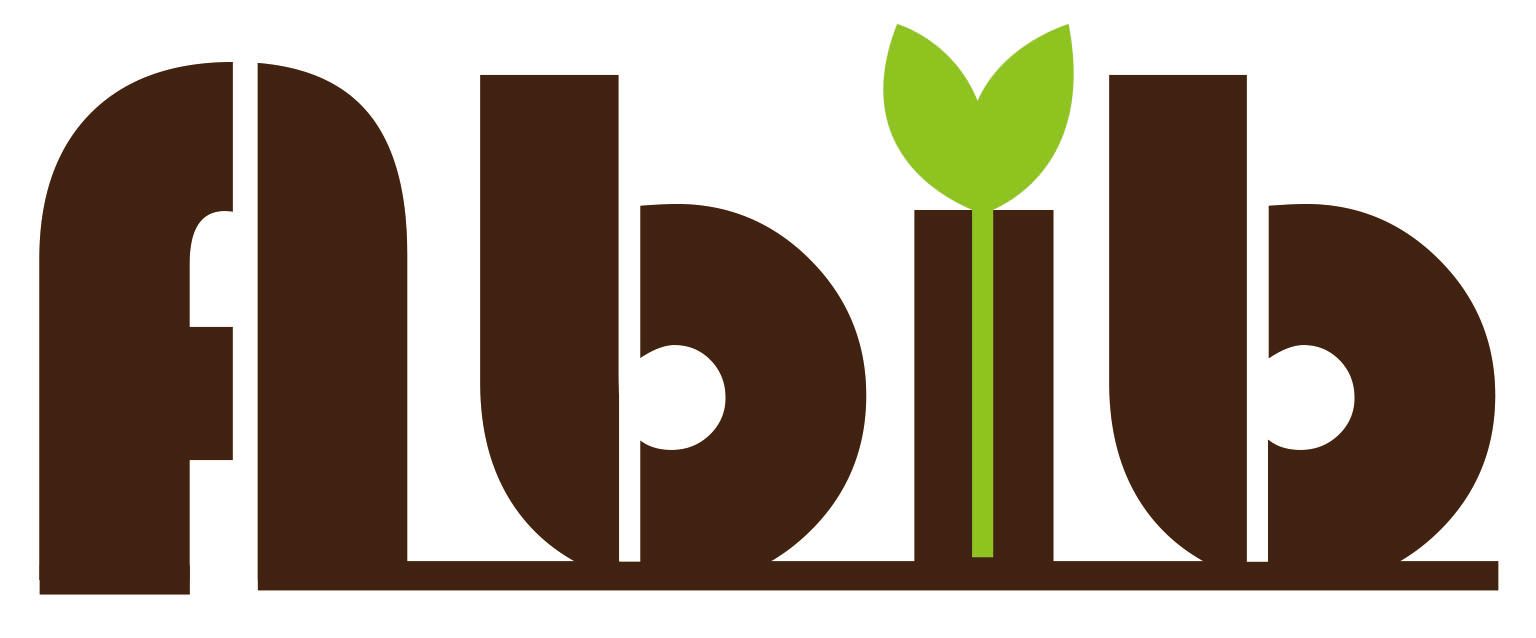ABIB BIO-TECHNOLOGY CO., LTD.
REMIND
Little reminder of love
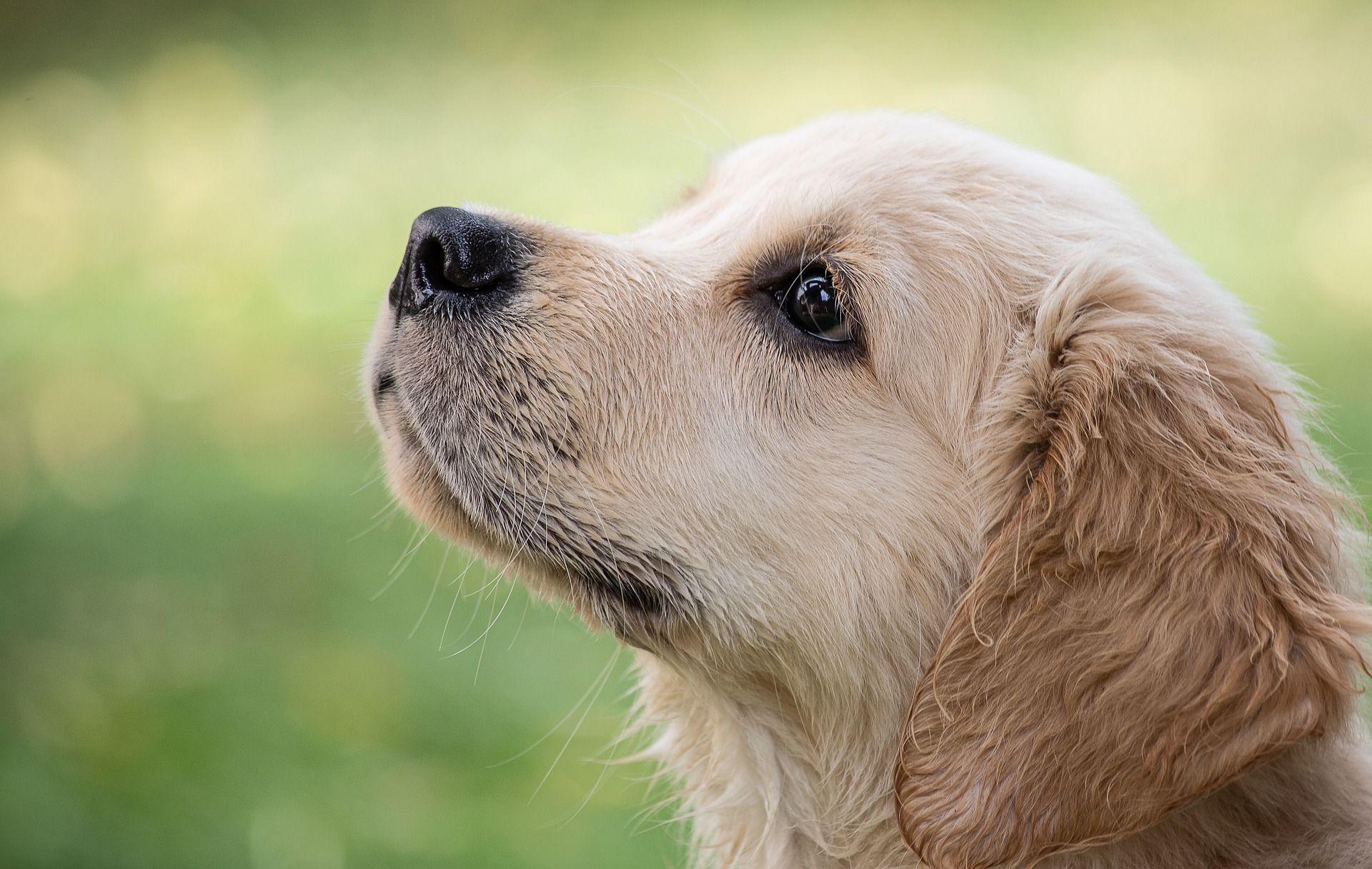
[The rainy season is here again, three steps to prevent mildew in furry babies: "Remove, clean, and disinfect" | Professional veterinarian—Wang Xiaoling]
The humid rainy season is here again!
It rained non-stop for two or three days and the temperature dropped to around 20 degrees.
In such humid and cool weather, not only do people need to keep warm and remove moisture,
You should also pay attention to the furry children at home.
Wet weather is the most likely to cause mold and mildew.
Mao’s parents must do the “three steps to prevent mildew after rain”.
Take care of yourselves and your furry babies’ health!
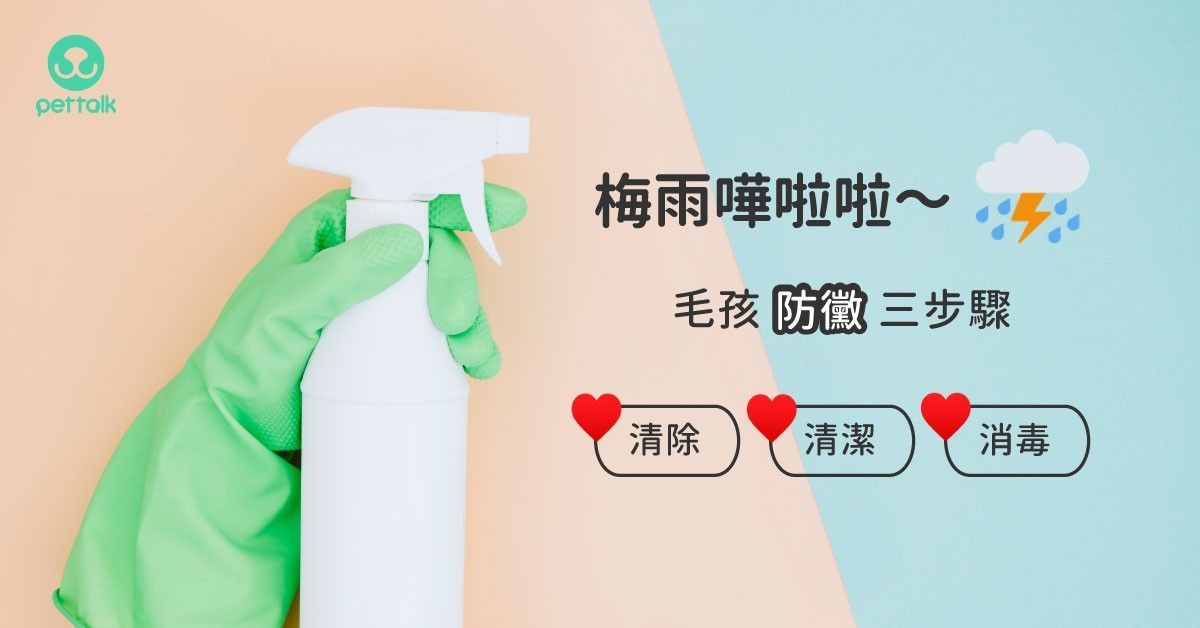
Step 1: Clear
Empty canvases and containers that may accumulate water outdoors, and remove trash.
Containers with standing water are ideal breeding grounds for larvae.
Therefore, it must be thoroughly removed to avoid the breeding of vector mosquitoes.
Increased risk of infection with dengue fever (humans) and heartworm (humans and animals).
Step Two: Clean
Sewage sludge is easily produced after rain.
Please wear rain boots or waterproof boots, waterproof gloves and a mask when cleaning.
Do not go barefoot or wear slippers to avoid leptospira and melioidosis infections;
After the cleaning work is completed or the equipment is unloaded,
Then wash your hands with hand lotion or soap.
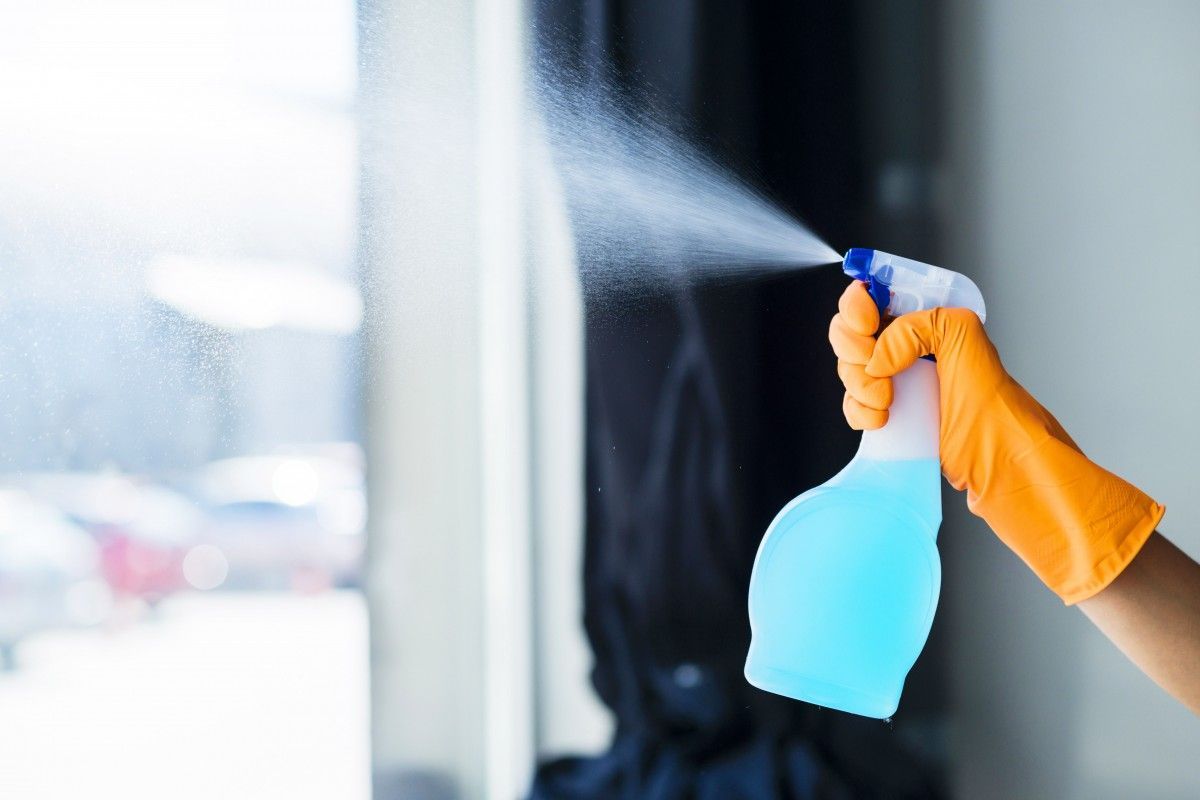
Step Three: Disinfection
It is generally recommended to buy chlorine bleach (NaClO)
Dilute it 100 times with water to wipe the home environment.
However, it is not recommended to use diluted bleach if you have furry children at home.
Bleach smells pungent and irritating.
Must be used in an extremely ventilated environment.
In addition, almost all commercially available bleach is alkaline.
If the concentration is accidentally adjusted and the concentration is too high,
It will also irritate our skin and mucous membranes (including furry babies).
Many chlorine compounds will also remain,
In the long run, it can also lead to indirect poisoning.
Even if the environment is cleaned, it may be harmful to health.
The chemical structure of hypochlorous acid water (HClO) is very similar to that of bleach.
Both contain chlorine, which can directly destroy the cell wall of bacteria and kill them.
It has stronger bactericidal power than alcohol, so it is more suitable for disinfecting the environment.
Hypochlorous acid water at the concentration and dosage specified by the Food and Drug Administration,
It can also be used as food containers and food washing purposes.
It is recommended to use a concentration of 100~300ppm for environmental disinfection
Use less than 200ppm for food disinfection (food needs to be washed after disinfection!)
There are also many people who have doubts:
"Since the structures of hypochlorous acid water and bleach water are so similar,
Does that mean that diluting bleach will equal hypochlorous acid water? "
NO! This is definitely not the case!
After use, hypochlorous acid will be reduced to water, salt (sodium chloride),
Organic sugar and trace amounts of carbon dioxide and other non-toxic substances,
It is relatively harmless to humans and fur babies.
However, you still have to be careful when using it.
Although hypochlorous acid water is relatively harmless,
However, it is not recommended to use it directly to wash hands;
In addition, if the hypochlorous acid water is exposed to light or is often opened and exposed to the air,
may affect efficacy.
Pay more attention to other health risks
The humid weather is very unfavorable for furry babies.
Because I have thick hair on my body, it’s not only uncomfortable to be depressed all the time.
It also increases the risk of skin diseases.
That’s why it’s important to keep your furry child dry and comfortable.
In addition, there are also the following points to pay attention to when raising animals during the rainy season:
1. Furry child’s bed, bedding, cushions, and stuffed toys
Easy to breed mold and bacteria,
It is recommended to wipe it with pet-specific antibacterial liquid first, and then
And when the weather clears, take it out to bask in the sun.
Or use a dryer to keep it sterilized and dry.
2. Turn on the dehumidifier in your home.
Brush your fur baby's hair frequently.
And observe the skin at any time for redness, swelling and inflammation.
3. If the food is not eaten immediately, dispose of it first.
Avoid the breeding of bacteria due to food spoilage,
Acute gastroenteritis or other diseases may occur after being eaten by furry children.
Although feed can be stored for a long time,
But pay attention to whether the feed bag or feed container is sealed to prevent moisture.
In addition, be sure to clean your furry baby’s food and water bowls every day.
You can wipe it with pet-specific antibacterial liquid first and then clean it.
Achieve a more comprehensive antibacterial effect.
4. Remember to wear a raincoat for your dog when you go out.
Choose a brightly colored waterproof nylon raincoat.
Avoid the risk of cars on the road not seeing the dog in front of you because of the rain.
After returning home, spray pet-specific antibacterial liquid on the raincoat.
Then hang it in a ventilated place to dry.
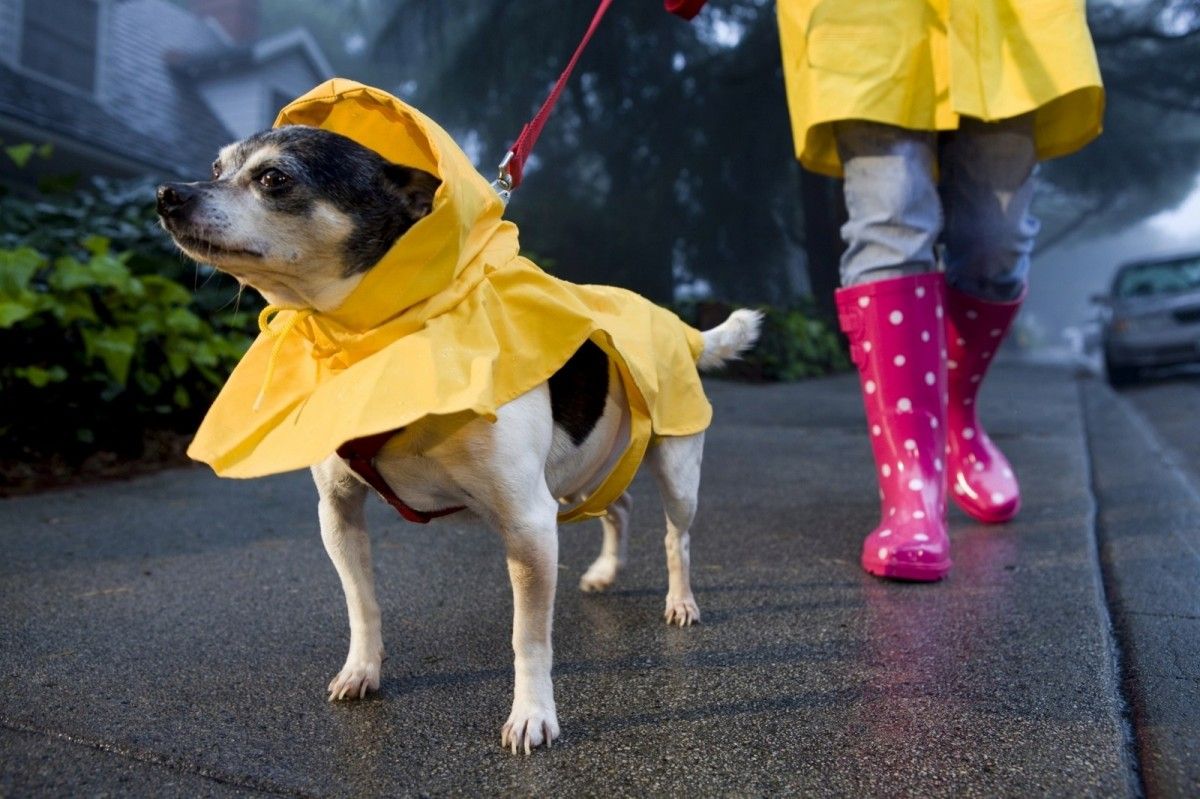
The rainy season is coming,
In this period when furry children are prone to getting sick,
Pay more attention to daily care;
Maintain good environment and hygiene,
In this way, furry parents and furry babies will feel at ease and healthy.
The above three steps are provided to everyone,
Let’s pay more attention and work harder together when necessary!
Source: https://www.pettalk.tw/blog/%E5%8F%88%E5%88%B0%E6%A2%85%E9%9B%A8%E5%AD%A3%EF%BC% 8C%E6%AF%9B%E5%AD%A9%E9%98%B2%E9%BB%B4%E4%B8%89%E6%AD%A5%E9%A9%9F%E3%80%8C% E6%B8%85%E9%99%A4%E3%80%81%E6%B8%85%E6%BD%94%E3%80%81%E6%B6%88%E6%AF%92%E3% 80%8D%EF%BD%9C%E5%B0%88%E6%A5%AD%E7%8D%B8%E9%86%AB%E2%80%94%E7%8E%8B%E5%B0% 8F%E7%8E%B2



